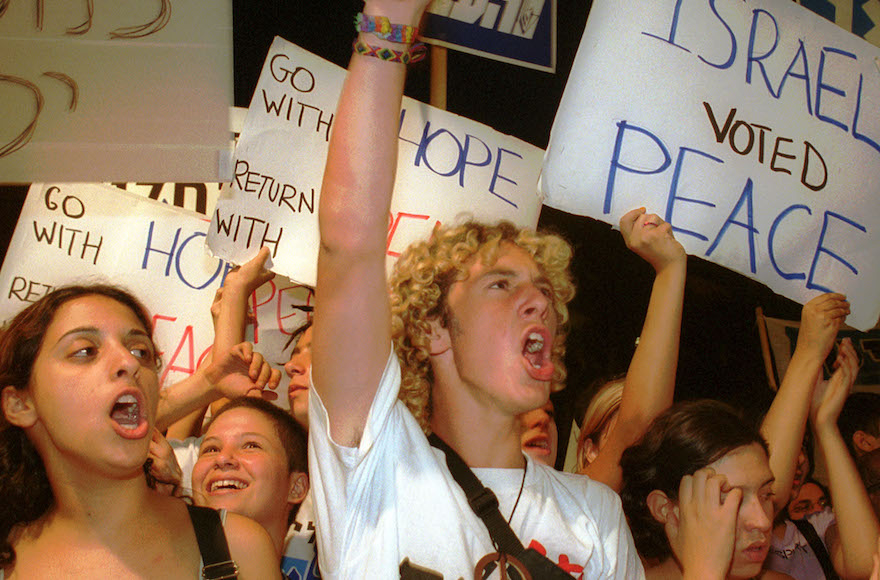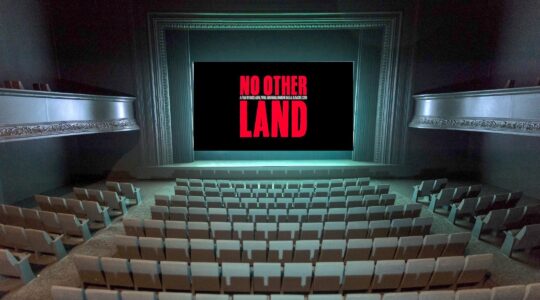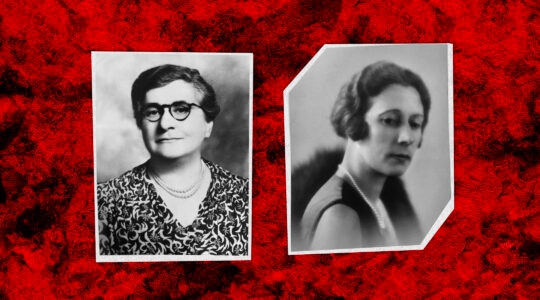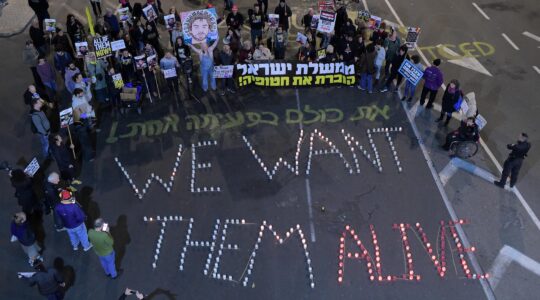LAS VEGAS (JTA) — This summer, America’s Jewish youth rebelled. Or at least a very small minority of them did. But through orchestrated stunts and aggressive marketing, they garnered the headlines they sought.
These youth are demanding that Israel end its “occupation,” presumably of the West Bank. They are targeting pro-Israel organizations they deem to be insufficiently zealous in opposing said occupation. They want peace. They want it now. And they know who’s to blame for its absence: Israel.
This agenda is not new. It’s a throwback to a movement that dominated the Israeli left in the 1980s and 1990s appropriately called Peace Now. Peace Now also demanded immediate peace, and it likewise assumed that Israel could have peace if it only wanted it badly enough.
But some tragic things happened on the way to the signing ceremony. These events challenged Peace Now’s core assumptions and forever changed the Israeli left. This mugging by Mideast reality holds valuable lessons for today’s new peace activists in a hurry.
In the 1990s, there was a broad consensus in Israel and abroad that peace would be achieved through a two-state solution. Politicians and pundits all knew what “the deal” would look like. When the Oslo peace process — sealed on this date 25 years ago — stalled in the late 1990s, Israeli Prime Minister Ehud Barak decided to break the stalemate by offering the Palestinians “the deal.” Barak eventually agreed to a Palestinian state in all of Gaza, Arab eastern Jerusalem and, over time, what the Clinton Parameters described as 94 percent of the West Bank with additional land from Israel proper.
But the Palestinians did not accept the deal. They didn’t even make a counteroffer. Instead, they launched a wave of suicide bombings in which over 1,000 Israelis were murdered and thousands more injured. Israel’s supposed partner for peace, the Palestinian Authority, actively competed with Hamas to see who could blow up more Israelis. Israel’s most generous peace offer to date was met with the most vicious wave of terrorism to date.
Israelis are a can-do people who are determined to shape their own destiny. Having failed to get the Palestinians to create a state through negotiations, some decided they could force them to accept a state by simply withdrawing from the territory they sought. Prime Minister Ariel Sharon embraced the idea of unilateral withdrawal and decided to test it in Gaza. In 2005, he removed every last Israeli soldier and citizen from Gaza in what he called a “down payment for peace.”
But the Gaza withdrawal didn’t launch the virtuous cycle that Sharon had expected. Instead, the exact opposite occurred. Hamas, a terrorist group, seized control of Gaza and dramatically increased the number of missiles it fired at Israel’s towns and cities. Once again, an Israeli concession had produced an escalation of Palestinian terrorism.
Today’s college students were in diapers as these disasters played out. And many dismiss events that preceded their puberty as ancient history. Thus it’s worth noting that the Palestinians rejected a subsequent and even more generous peace offer in 2008. As recently as 2014, Palestinian Authority President Mahmoud Abbas scuttled the Obama administration’s peace efforts by announcing a unity government with Hamas. To this day, Abbas pays generous salaries to any Palestinian who succeeds in murdering Israelis. Little has changed.
Peace Now was founded by officers from Israeli combat units. They were rooted in Israeli reality by their service to their country. Thus when the results of their policies were so different from their expectations, many of them did what responsible adults tend to do: They learned and they adjusted.
There’s still an Israeli left today. But instead of demanding peace now, their program might best be summarized as “enable peace tomorrow.” They tend to focus on opposing settlement construction and other policies that would preclude an Israeli government from again offering the Palestinians “the deal” at some point in the future. These days, President Trump tends to be more optimistic about the prospects for peace than these Israelis.
America’s student protesters couldn’t be more different from the men and women who founded Peace Now. They never defended Israel or even lived there. Most of them are visiting Israel for the first time. Yet they exhibit the worst conceits of “the ugly American,” insisting upon fitting the natives – both Israeli and Palestinian — into their simplistic, preconceived political categories. Most of them have never heard of the political novel from which this pejorative is derived. Many of them have never even heard of Peace Now. That’s a shame. They’d be a lot more interesting to talk to if they had.
(David Brog is the executive director of the Maccabee Task Force and the author, most recently, of “Reclaiming Israel’s History” [Regnery].)
RELATED:
JTA has documented Jewish history in real-time for over a century. Keep our journalism strong by joining us in supporting independent, award-winning reporting.







